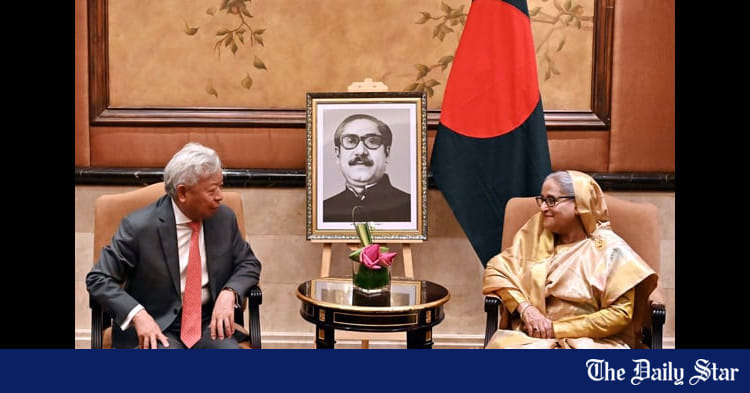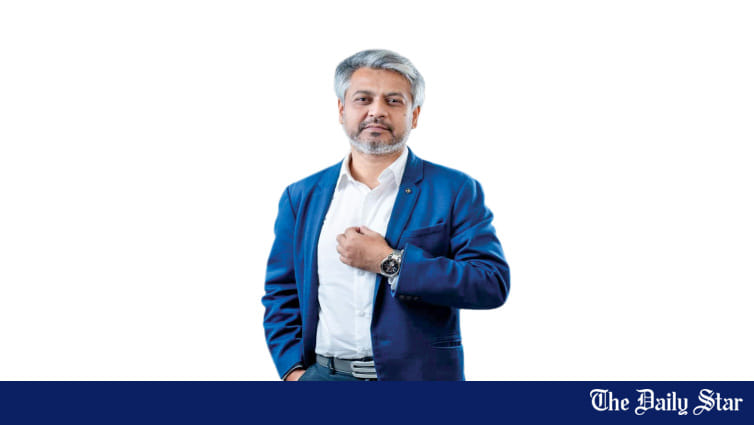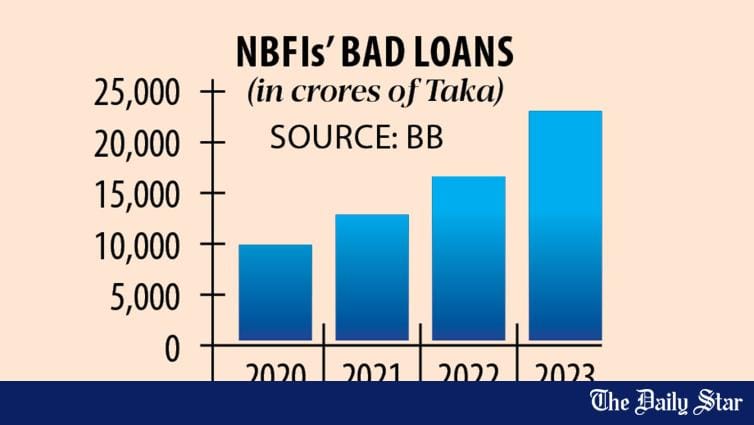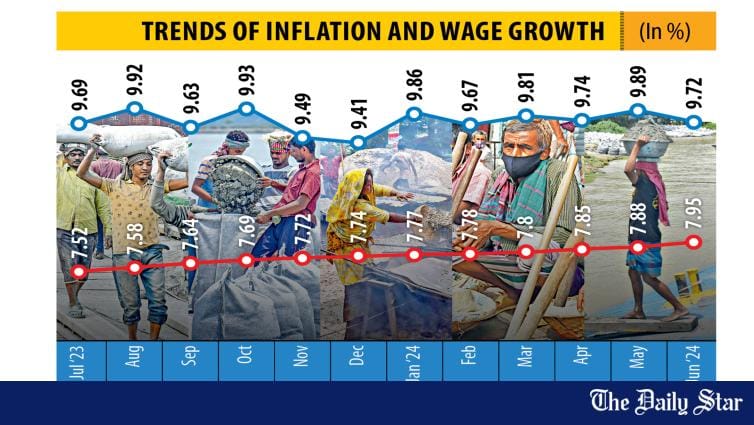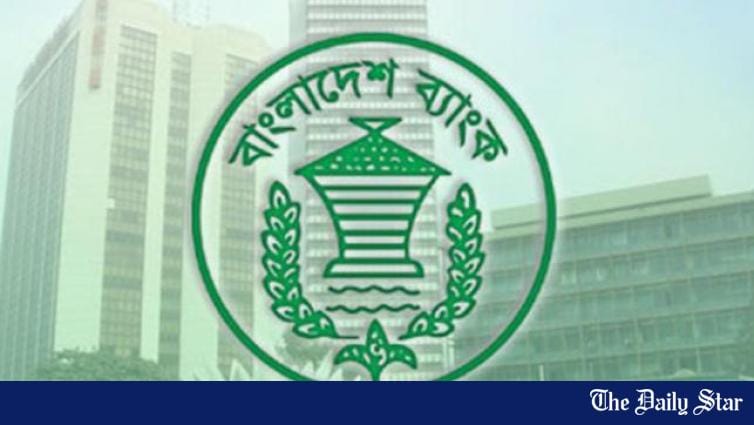Saif
Senior Member
- Joined
- Jan 24, 2024
- Messages
- 17,231
- Likes
- 8,332
- Nation

- Residence

- Axis Group

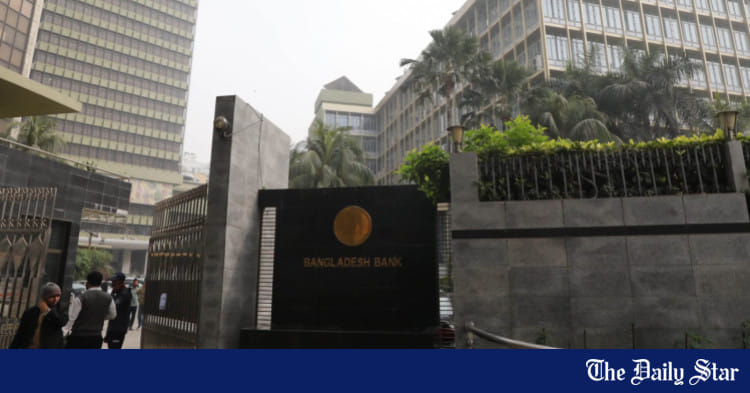
BB rolls out generous exit policy to borrowers
The Bangladesh Bank today unveiled the latest iteration of its exit policy that offers borrowers the option to close off their loan account within three years by paying only 10 percent as down payment and no interest
BB rolls out generous exit policy to borrowers

Photo: Star/File
The Bangladesh Bank today unveiled the latest iteration of its exit policy that offers borrowers the option to close off their loan account within three years by paying only 10 percent as down payment and no interest.
The move, which comes at a time when interest waiver facilities are being widely criticised in the parliament, is aimed at window-dressing the country's bad loan scenario.
At the end of March, defaulted loans soared to a record Tk 182,000 crore -- which is 11.11 percent of total outstanding credit -- much to the displeasure of the International Monetary Fund. The exit policy is expected to make the situation more palatable.
"The financial condition of clients has been adversely affected by various uncontrollable factors -- that's why an exit policy is needed to recover the loans from them," the BB said in a notice yesterday.
The exit policy applies to defaulted loans, loans with a low probability of recovery and loans taken by defunct companies.
Borrowers will have to provide a minimum of 10 percent down payment in cash by the borrowers and in return, they will get an interest waiver under the policy.
However, the interest waiver facility cannot be extended to loans created by forgery and wilful defaulters, as per BB's notice.
Clients can repay the loans in one instalment or more than one instalment but the maximum repayment tenure will be two years. However, banks can extend the tenure by another year, read BB notice.
Under the facility, borrowers will not be eligible to get new loans until they have adjusted the full loan amount.
The central bank said that this facility would not be considered as rescheduling or restructuring of loans.
BB asked banks for proper provisioning against the loans and taking security before adjustment of the loans, it added.
Banks will have to take legal action to recover the loans if the borrowers fail to repay the loans after getting the facility.
Earlier in May 2019, the central bank introduced a one-time exit policy for defaulters to bring down the high bad loans in the country's banking sector. The bad loans then amounted to Tk 110,873 crore.
"The exit policy should have been left to the banks' discretion," said Monzur Hossain, research director of the Bangladesh Institute of Development Studies (BIDS).
This policy will affect the banks' profitability, while the loan defaulters will be tempted by the facility, he said.
Mohammad Nurul Amin, former chairman of the Association of Bankers of Bangladesh, echoed the same. "Defaulters are likely to be encouraged to not repay loans due to the facility."
Photo: Star/File
The Bangladesh Bank today unveiled the latest iteration of its exit policy that offers borrowers the option to close off their loan account within three years by paying only 10 percent as down payment and no interest.
The move, which comes at a time when interest waiver facilities are being widely criticised in the parliament, is aimed at window-dressing the country's bad loan scenario.
At the end of March, defaulted loans soared to a record Tk 182,000 crore -- which is 11.11 percent of total outstanding credit -- much to the displeasure of the International Monetary Fund. The exit policy is expected to make the situation more palatable.
"The financial condition of clients has been adversely affected by various uncontrollable factors -- that's why an exit policy is needed to recover the loans from them," the BB said in a notice yesterday.
The exit policy applies to defaulted loans, loans with a low probability of recovery and loans taken by defunct companies.
Borrowers will have to provide a minimum of 10 percent down payment in cash by the borrowers and in return, they will get an interest waiver under the policy.
However, the interest waiver facility cannot be extended to loans created by forgery and wilful defaulters, as per BB's notice.
Clients can repay the loans in one instalment or more than one instalment but the maximum repayment tenure will be two years. However, banks can extend the tenure by another year, read BB notice.
Under the facility, borrowers will not be eligible to get new loans until they have adjusted the full loan amount.
The central bank said that this facility would not be considered as rescheduling or restructuring of loans.
BB asked banks for proper provisioning against the loans and taking security before adjustment of the loans, it added.
Banks will have to take legal action to recover the loans if the borrowers fail to repay the loans after getting the facility.
Earlier in May 2019, the central bank introduced a one-time exit policy for defaulters to bring down the high bad loans in the country's banking sector. The bad loans then amounted to Tk 110,873 crore.
"The exit policy should have been left to the banks' discretion," said Monzur Hossain, research director of the Bangladesh Institute of Development Studies (BIDS).
This policy will affect the banks' profitability, while the loan defaulters will be tempted by the facility, he said.
Mohammad Nurul Amin, former chairman of the Association of Bankers of Bangladesh, echoed the same. "Defaulters are likely to be encouraged to not repay loans due to the facility."


































